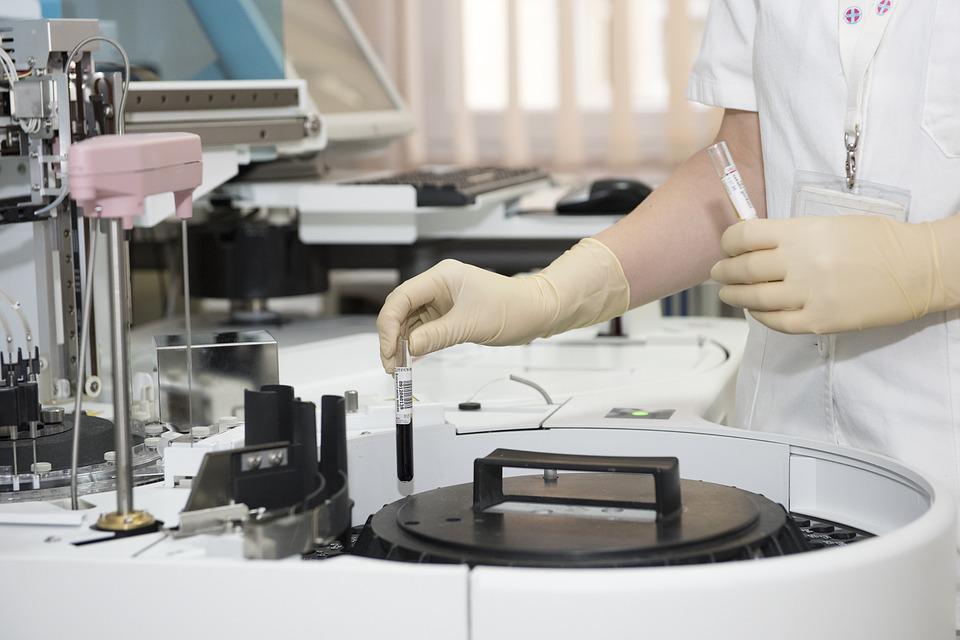The regional capital of Pays de la Loire, Nantes is a rapidly developing city that continues developing new institutions, like Nantes Université, which opened this year and adopted a new, unprecedented model for France that combines a university, a university hospital (CHU de Nantes), a technology research centre (IRT Jules Verne), a public scientific and technological institute (Inserm) and higher education establishments like Centrale Nantes. Working together, these actors combine their expertise to develop Nantes’ research areas of excellence and to plan the health industry of the future.
Strasbourg is also continuing to attract associations in the healthcare sector by identifying competitive poles, like BioValley France, which has been at the forefront of development in eastern France since 2005. International partners include Japan, Switzerland, and Normandy, and BioValley has helped establish more than 75 companies and develop more than 500 innovative R&D projects.
One of France’s oldest cities, Lyon, in the Rhône-Alpes region, excels in life sciences, particularly in the realms of bio-health and society; science and engineering; and humanities and urbanity. It’s where international institutions like the World Health Organization Headquarters have set up their main hub for technical support to strengthen health security, and where more than 800 life sciences companies have created a base. More than 1,4000 clinical trials are performed each year at Hospices Civils de Lyon, and the city is considered the world’s No. 1 vaccine production centre.
In Normandy, Normandy Healthtech serves as a network for sharing and influencing health by boosting the growth of regionally-based healthtech companies and bringing together leaders in the local industry to share best practices, expertise, and pool assets. Companies that have chosen to call Normandy home include AI healthcare solutions Datexim, neurosurgery-focused Neurallys, Conscience Robotics, who are experimenting at private hospital Saint-Martin Caen, and the Rouen-based start-up Robocath, which created R-ONE, a robot that optimizes the work of cardiologists. Caen is also home to the Cyceron biomedical imaging platform.
On the Mediterranean, Montpellier is where you’ll find the world’s oldest, continuously-running medical school — and the area is still a key cluster for health companies today. Montpellier is home to a leading university (which ranks third in France); high-level research centers; large-scale companies like eye health products-focused Bausch + Lomb and many innovative small- and medium-sized companies (one-third of the startups assisted by Montpellier BIC, the Business & Innovation Centre, are in the health field); and the Eurobiomed competitiveness cluster — the leading health network in France and top European network for medical diagnostics.
Lille, meanwhile, is considered Northern France’s health cluster thanks to renowned research centres like the Institut Pasteur de Lille and Inserm, as well as the Eurosanté Bio Business Park, which sits in the heart of Europe’s leading university-hospital campus. For more than 20 years, Eurosanté has strived to promote the growth of the heath sector, and, as a byproduct, encouraged researchers, start-ups, and companies to innovate and boost their business in the region. Lille University School of Medicine is France’s first training and research centre, while Lille University Hospital ranks third in the country.
In the Nouvelle-Aquitaine region and Bordeaux metropolitan area, the numbers speak for themselves: The region boasts 350 doctors per 10,000 residents; 58 laboratories; 1,150 researchers; and world-class institutions like the Institut Bergonié, which focuses on oncology. As Prof. François-Xavier Mahon, Director General of the Institut Bergonié, puts it: “Several biotechnology companies have realized the importance of the Bordeaux site and have come to establish themselves in the metropolis. In the age of videoconferences and ‘e-learning,’ scientific communication by direct exchange remains essential to transform and validate exchanges between highly specialized teams in a given field.”
These are just brief overviews of a few cities helping transform France into a healthcare hub at the heart of Europe. With four of the world’s top medical research organizations, the second-largest European market for medical devices, and one of Europe’s leading markets in the pharma industry, France’s key cities are pioneering development and innovation in healthcare and offering an inspiring atmosphere to meet and learn.
